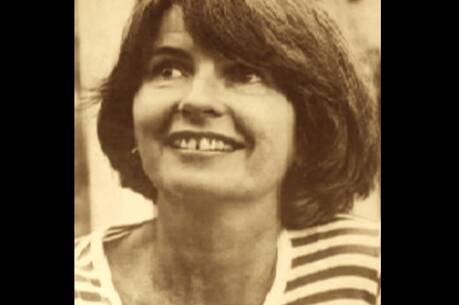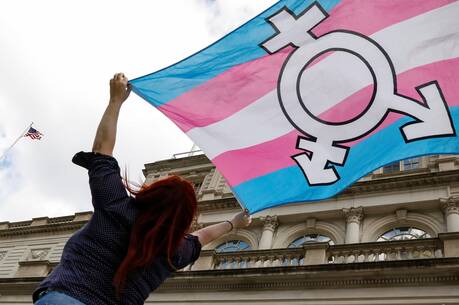Jesus had just worked a miracle, feeding over 5000 people with 5 loaves and 2 fish. Because of this, the crowd followed him till it caught up with him in Capernaum. Jesus' initial remark to them "seek the bread that does not corrupt, but remains unendingly, the bread which the son of man will give you". Our Sunday Gospel (August 2) develops these words of Jesus, and does it by interweaving the thought of Jesus with the feeding in the desert of the Israelites with manna; this miracle, like that of Jesus, centered on food that gives life to a people hungry without the means to preserve life. No one can provide food that will keep us from death; that is the experience of all human reality. If I could find someone to feed me so that I would never die, him will I reverence. Jesus says that the son of man will give us this bread. And he identifies himself as that bread. Moses was great, but, as Jesus notes, he did not provide a bread that would bring people beyond death. The only bread that can do that, and it is ours, is Jesus himself. At one point, the crowd following Jesus asked that they be given this power to provide a food which will keep them from death. The answer is that the crowd need to only one work, believe in Jesus. He is the bread to bring us beyond this life, because he himself will live forever; as he will never die, and so is a bread forever, so we who eat his flesh, will live beyond death.
In the Catholic Church we believe we receive the flesh of Christ when we receive communion. What Jesus intends by this is to so embrace us that he becomes the nourishment to keep us going into eternal life. Bread is such that it offers ingredients, nutrients, which give us strength to live. Jesus offers us, not what human bread offers us, but what the love of one person for another. His flesh, i.e. he himself, will bring us to eternal life the way a lover brings the beloved to life. He will inspire, embrace, strengthen, make strong, enlighten - everything we associate with bread, but more profoundly associate with love. He wants to live in us, he wants us to absorb him, so that, as bread saves and is transformed into us, we may be saved and be transformed into the one who loves our very beings.
Life is the principal concern of John's Gospel, from beginning to end. The final words of the original end of the Gospel sum up what has gone before for 20 chapters: I write this that you may believe that Jesus is Messiah and Son of God, so that believing this you may have eternal life. As John insists in our Gospel today that it is Jesus who gives the bread from heaven and not Moses - for Jesus, the bread, saves and makes us live forever, something Moses could not do for his people - so at the beginnng John, while noting the great grace that came to Israel, the covenant of Sinai with God, notes that now we have the greatest of graces, the love and truth which we call Jesus, the love and truth which, if we believe in him, will bring us what Sinai covenant did not bring: eternal life.
John Kilgallen, S.J.







